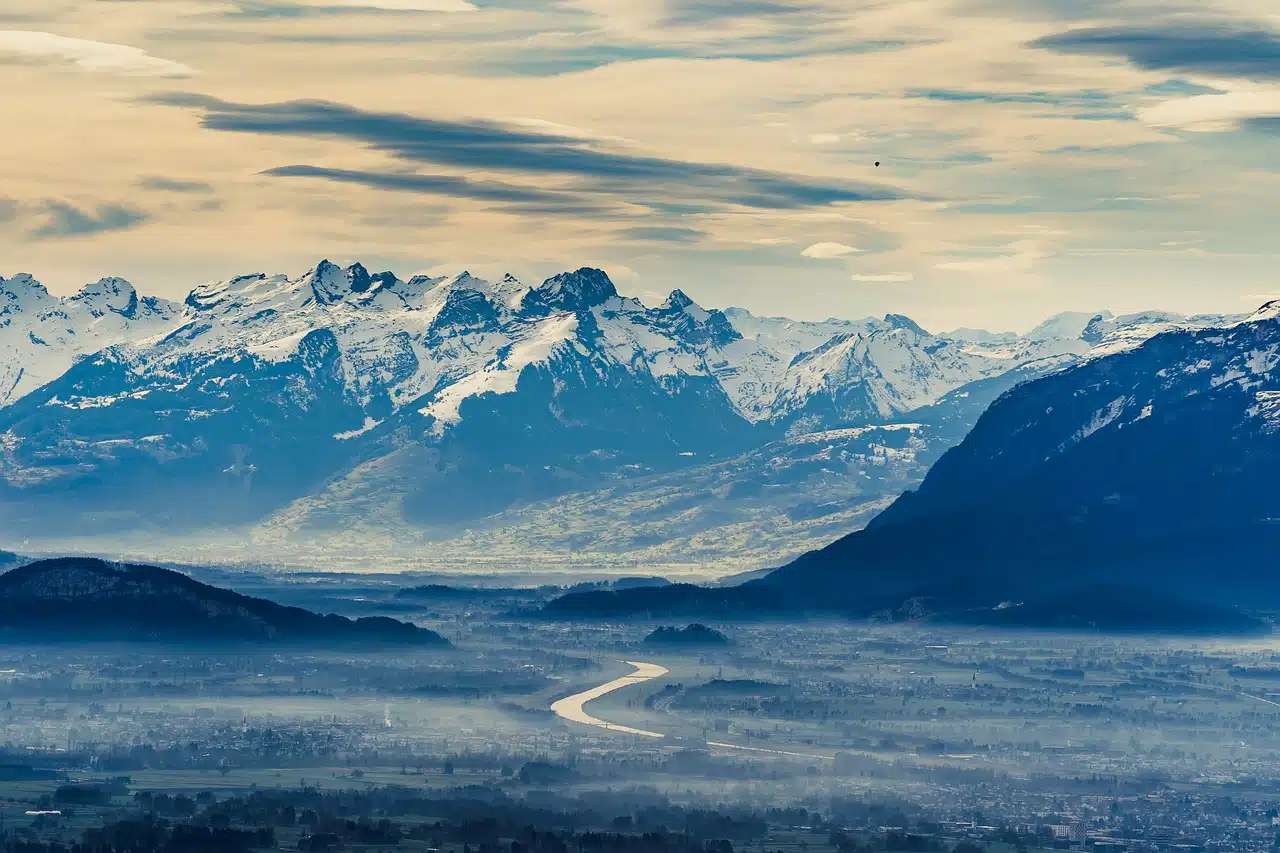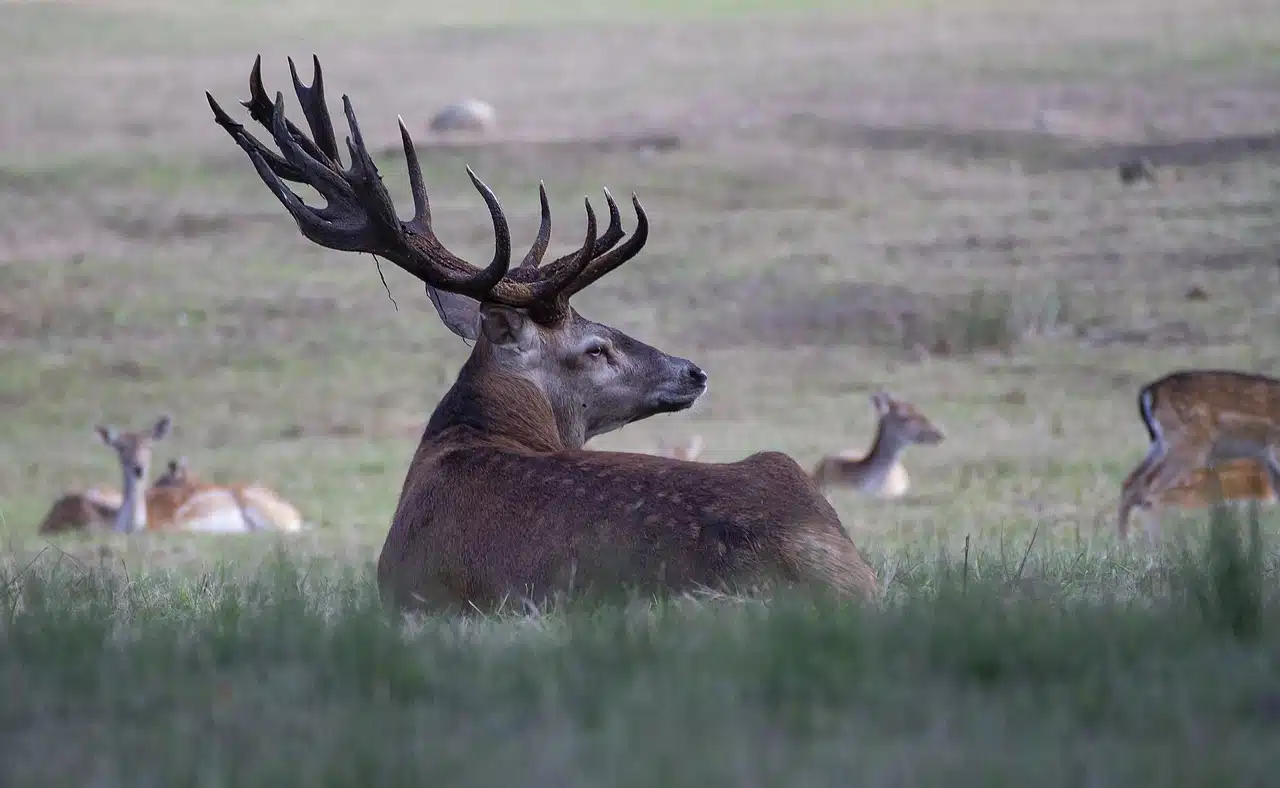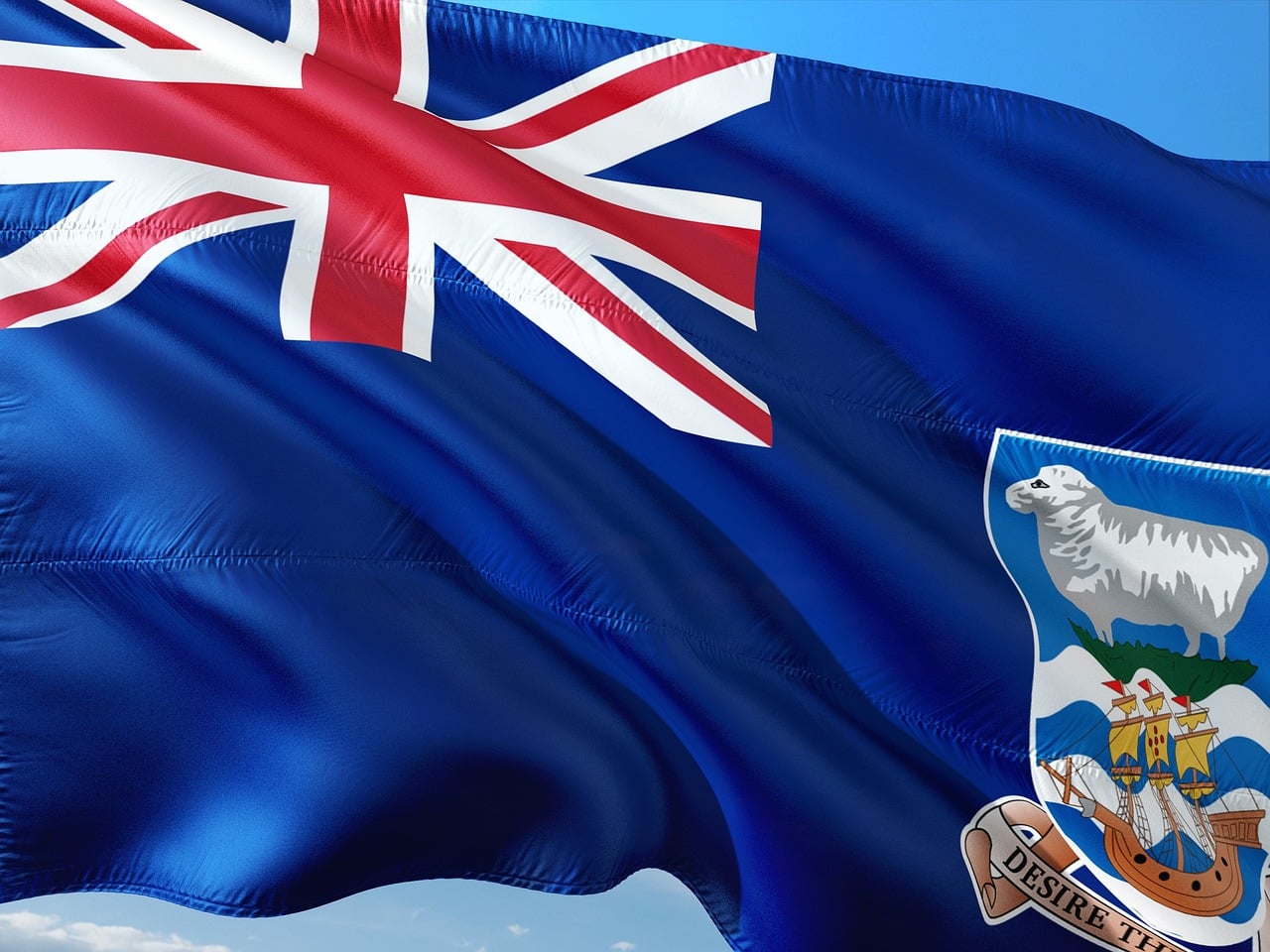
A territory can be determined according to artificial borders or natural borders.
A territory is a portion of the earth's surface that belongs to a country, a province , a region , etc. The term, from the Latin territorĭum , can be extended to the land or terrain owned or controlled by a person, an organization or an institution .
For example: "The provincial territory extends to those mountains" , "The Venezuelan government assured that, if necessary, it will defend the integrity of its territory with weapons" , "The troops have already entered enemy territory: now we have "We have to wait for the local response."
Territory as a geographical or political unit
The notion of territory can be understood at a political or geographic level. For politics , the territory is the delimitation in which there is a settled population that depends on a competent authority. The city of Mar del Plata , for example, is a territory that belongs to the Province of Buenos Aires and, in turn, the Buenos Aires territory is part of the Argentine Republic . This means that Mar del Plata has a mayor (the municipal authority) who reports to the governor of Buenos Aires (the provincial authority), in turn located in the institutional hierarchy below the Argentine presidency (the authority of the nation).
The territory, with its corresponding borders, marks the limits of state activity and the activity of a foreign State . A national State does not have authority beyond its territory, but it can manage the natural and human resources that are part of its territorial surface.
The autonomy of a territory depends on many factors. An area, to mention one case, can be inhabited by aboriginal inhabitants and then, through a process of colonization and conquest, pass into the hands of another country. Years later, with a revolution, the inhabitants of the territory in question can proclaim their independence.
In geography , the definition of territory depends on the author and the context, since the notion can be used as a synonym for place, space, region or landscape.

The territories have a flora, fauna and climate that characterize them.
Continents and islands
It is possible to differentiate between two large types of territories according to their extension and their link to water masses: continents and islands .
A continent is a huge territory that is considered land. Typically, six continents are distinguished ( Africa , America , Antarctica , Asia , Europe and Oceania ), although other classifications also exist. In a continental territory there are multiple types of ecosystems, geographical features and natural resources, such as forests, deserts, jungles, lakes and rivers.
An island , meanwhile, is a territory that is completely surrounded by water. Its surface area is smaller than that of the continent. The largest island that exists on planet Earth is Greenland , which is located between the Arctic Ocean and the Atlantic Ocean.
The geographical coordinates of a territory
The geographical coordinates of a territory are a combination of letters, numbers and symbols that, in a frame of reference, make it possible to determine its location on the surface of our planet. Typically, coordinates that indicate horizontal position are used, such as longitude and latitude , although altitude can also be taken into account.
Take the case of Paris , the capital of France . Its geographical coordinates are 48° 51″ 12″» N; 02° 20″ 56″» E . The data s 48° 51″ 12″» N correspond to latitude, while 02° 20″ 56″» E refers to longitude.
It should be noted that, with the information of geographical coordinates, any territory can be located on a map or in systems such as GPS.

The Falkland Islands are a disputed territory administered by the United Kingdom and that Argentina claims as its own through diplomacy.
Local development
The local development of a territory can occur in different ways. Above all, the economy needs to grow through agriculture, livestock, mining, tourism or some other type of industry or commercial activity.
Economic growth is typically linked to an advance in infrastructure , with roads, ports, airports, railways, and other resources improving transportation and communications.
The progress of the territory, of course, also requires health and education services so that residents enjoy a good quality of life.
The Territories Seville festival
In addition to everything stated above, it is important that we know other uses or meanings of the term that concerns us now. Thus, for example, we cannot ignore the existence of Territorios Sevilla , an international music festival that used to be held in the Andalusian city that gives it its name and which had numerous editions.
A wide variety of groups and artists, from different corners of the planet, participated in this musical event in which a wide variety of genres such as flamenco, pop, rock, rap, blues...
An expression of war reporters
Likewise, we must not overlook the concept of Comanche territory , used primarily by war reporters. When using this expression, what they are doing is referring to a place that they know they should not enter because it is their life that could be put in serious danger.
Precisely, based on that meaning, the Spanish novelist Arturo Pérez Reverte published a novel called "Comanche Territory" in 1994 , which was later made into a film by Gerardo Herrero . It tells the situation in which two reporters find themselves during the development of the so-called Yugoslav wars, which took place between 1991 and 2001 and which pitted the Serbs against the Croats, Albanians and Bosnians.
In the same way, the same title of the novel was the one that had a program on the Telemadrid television network, presented by Cristina Tárrega and which was based on interviews with current guests.
